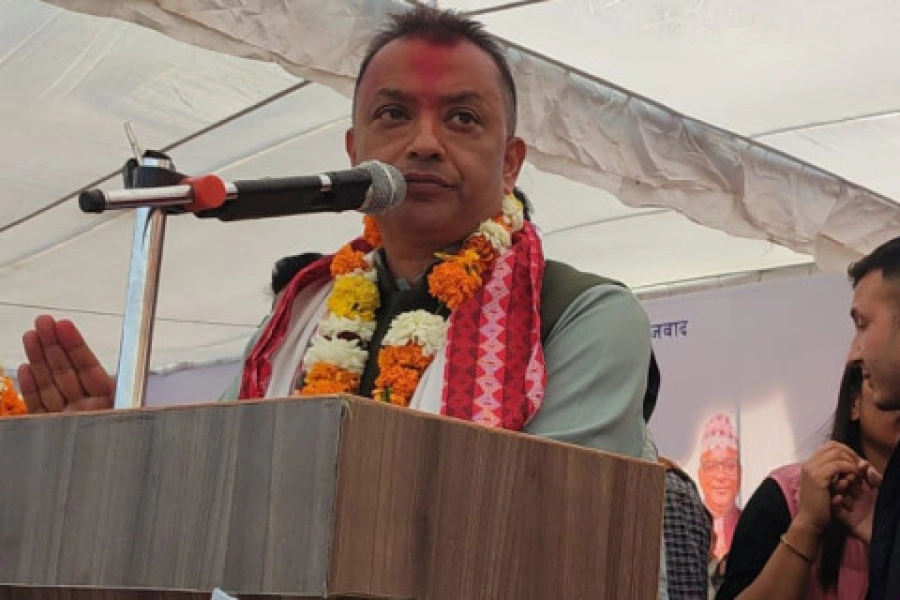KATHMANDU, Sept 15: Making revisions to the Right to Education Bill, parliament’s Committee on Health and Education has proposed that big private schools should provide completely free education for up to 15 percent of their students.
The original bill registered in parliament by the Ministry of Education had given continuity to the existing provision of allotting 10 percent of seats in private schools for scholarship students. But the parliamentary committee has provisioned different scholarship percentages based on the size of the student body in a given school.
According to the revised provision, private schools should provide free education for 10 to 15 percent from playgroup to class 12, selecting the scholarship students through open competition.
Cost of private education

Private schools having less than 500 students should provide completely free education to at least 10 percent of the students in the entire school, while schools having 500 to 800 students should provide the facility to 12 percent of students. Schools with over 800 students should provide free education to at least 15 percent of the total student population.
The parliamentary committee has also added a new provision in the bill, stating that private schools should be transformed into service delivery (non-profit) institutions after a certain period.
Adding another new provision to the bill, the parliamentary committee has required the government to arrange through its local units for day snacks for students from families below the poverty line and for the children of physically-challenged parents. The government had earlier removed a proposal on day snacks from the draft bill prepared by the Nepal Law Commission.
The bill, introduced to implement the fundamental right to education, has proposed free education for all in public schools up to secondary level. Likewise, the state has been made responsible for arranging compulsory education for children age 4 and 13 through the local units. Local units are also responsible for secondary education till class 12. But the central government shall allocate a budget for the purpose, based on the number of students and their performance.
The new bill has made it mandatory for all madrasas, gurukuls and other schools to include government-sanctioned curriculum. The committee has proposed some grant assistance to schools providing education in mother languages.



































